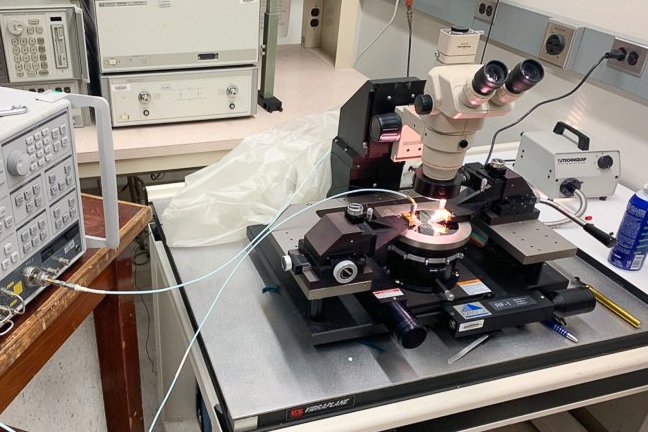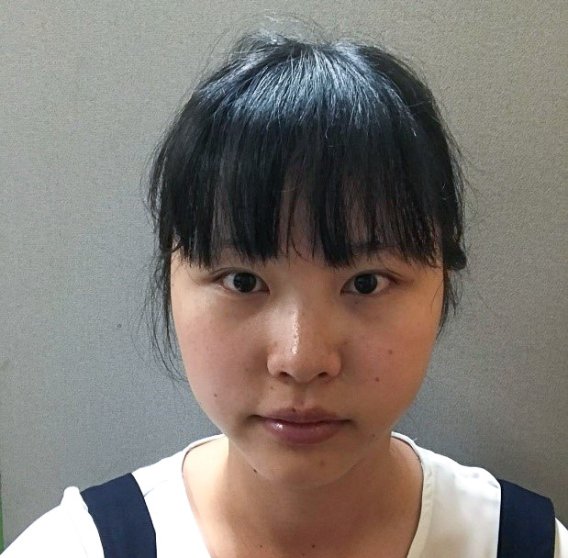Modern electronics, next-generation speed

Photo credit: Yali Zhang
CSE Three-Minute Thesis winner aims for efficiency
November 11, 2020
What does the human body have in common with integrated circuits? A lot, according to College of Science and Engineering Ph.D. student Yali Zhang. Human joints connect and prevent friction between our bones. Electronic “joints,” or interconnects, reduce friction between signals in electronic communications systems.
Zhang’s doctoral thesis focuses on using nanometer-sized interconnects to build better integrated circuits for faster, more efficient communication systems. She recently won first place in CSE’s annual Three-Minute Thesis (3MT) competition, a contest in which Ph.D. students must explain their research in an engaging way in three minutes or less.
On Friday, November 13, Zhang will face students from four other University of Minnesota colleges in the U-wide 3MT competition.

Zhang works under Rhonda Franklin, Abbott Professor for Innovative Education in the Institute for Engineering and Medicine and Professor in the Department of Electrical and Computer Engineering (ECE). When she was looking for Ph.D. programs, Franklin’s Microwave Packaging and Circuit Technology (MPACT) research group caught her eye.
“Professor Franklin provided me a great chance to study the applications of nanostructures in radio frequency (RF) technologies,” she said. “Her research attracted me the most because the topic is relatively new and it has good potential to improve human health and digital experiences.”
Zhang’s research can be applied to myriad communications systems, including mobile phones, Internet routers, autonomous vehicles, and cube satellites. Her project, a collaboration with Professor Beth Stadler's group in ECE, is funded by the Semiconductor Research Corporation (SRC) and being watched closely by IBM and Intel, who are interested in making smaller computer chips that use less energy yet provide faster speeds.
“This can be applied to almost all of the devices we are using right now,” Zhang explained. “We already have nice digital experiences—for example during COVID-19, we can talk virtually with no lag. It’s all because we have faster signal speed. For the next generation, people are expecting even faster and more enhanced digital experiences.”
Learn more and watch the 2020 University of Minnesota 3MT competition Friday, Nov. 13 on the graduate school website.
Watch Zhang in action at CSE’s Three-Minute Thesis competition.
Zhang's ECE colleague, Aditya Dave—another Ph.D. candidate Professor Franklin advises—won the college's People's Choice Award for a separate research project (“A Plant in the Spotlight of an Antenna”).
Story by Olivia Hultgren
